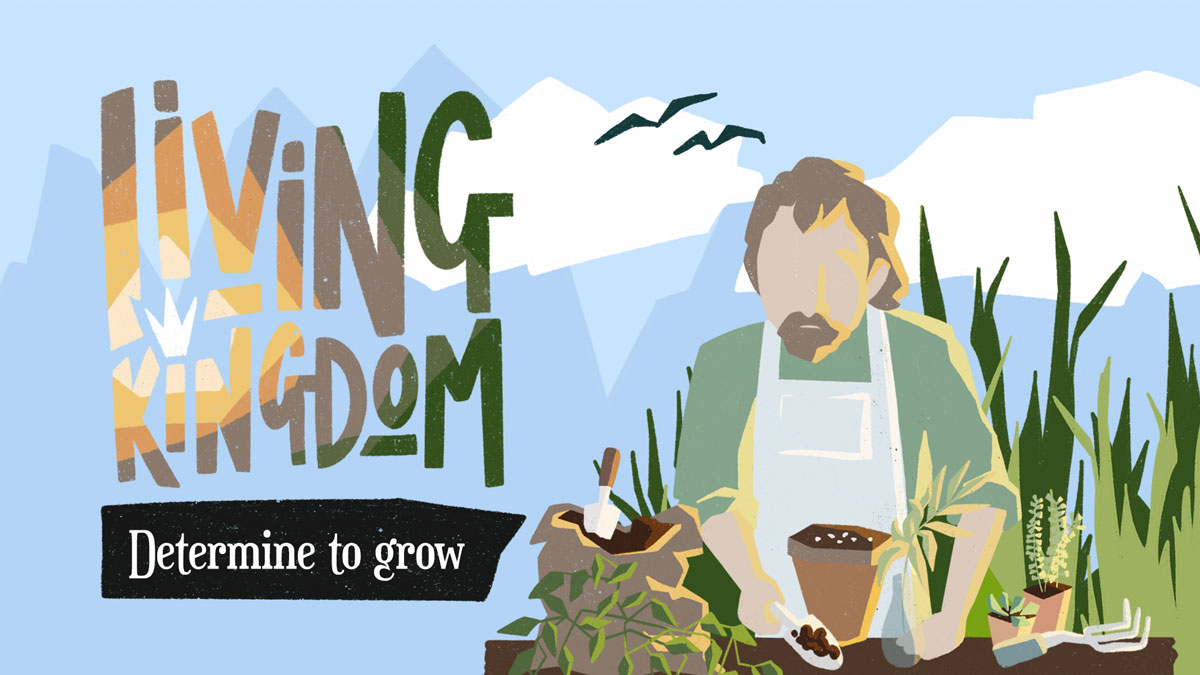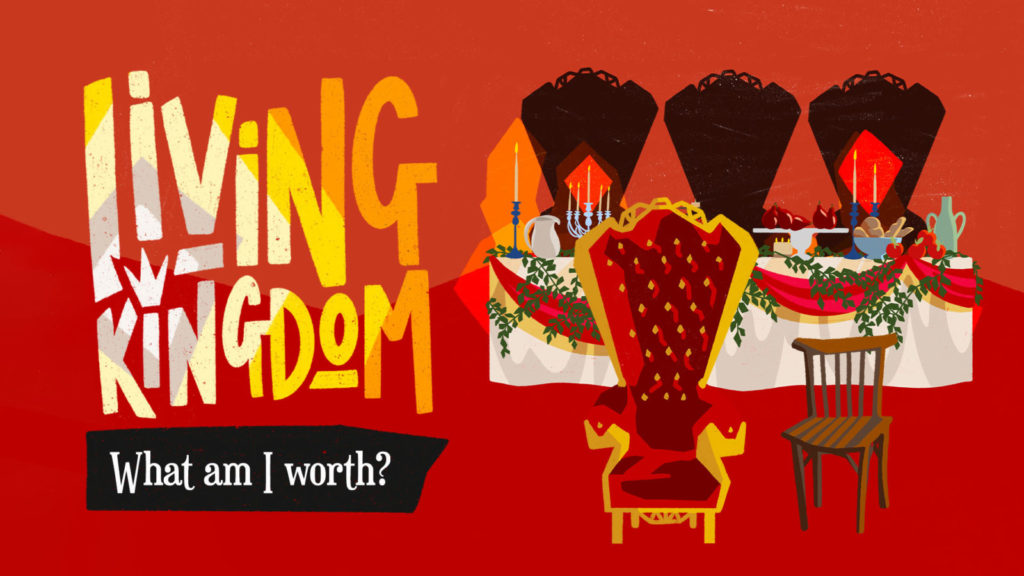“Then Jesus asked, ‘What is the kingdom of God like? What shall I compare it to? It is like a mustard seed, which a man took and planted in his garden. It grew and became a tree, and the birds perched in its branches.'” Luke 13:18
I’m a gardener and a “home body”. Planting seeds and making pizza dough (bread) are ordinary and frequent activities in my life.
I find seeds all around me—under the bunch of flowers left perhaps too long in a vase on the table, in the naked poppy heads left to dry in the sun, in the packet from the nursey still in my handbag and even in my kitchen spice draw. They are familiar, common and everywhere. When I take a moment to hold one in my hand—to pause before it is sown and meets the ground—seeds are anything but ordinary, they are perhaps the smallest unit of profound.
I pick up the packet of patient seeds next to the fruit bowl on my kitchen bench. “Zinnia: large double flowers providing a choice selection of colours, a very good bedding plant and cut flower, annual, height 75cm.” The packet is incredibly light and the 130 seeds rattle as I walk to the garden. As I tip the seeds onto my hand I notice how far they seem from the cheerful flowers suggested by the packet. Small, dull, weightless. The packet suggests sowing them thinly in their final position- these seeds won’t need to be transplanted, where they land will be their destination for growth.
The final packet instruction—”keep moist, water regularly”. The packet has a lot of promises. “Seedlings emerge in 8-12 days, flowers approximately 12 weeks from sowing.” As I plant these small humble seeds I sow hope. I anticipate and place my faith in the promise of life, colour and abundant bouquet harvest.
Friends are coming to share a meal. I pull out the reliable recipe book from the shelf and it remembers to fall open to the well warn page—flour dust from previous efforts still present. The dough recipe is so familiar that I almost wonder why I need the book, but I feel comforted by its familiar gentle guidance. I tip each of the dry ingredients in and add a teaspoon of yeast—that’s all. I am struck by the transforming power held in this tiny measure. “Add the warm water. Tip the dough onto a work surface and knead rhythmically for 5-10 minutes. Leave in a warm place to rise until doubled in size.”
Isn’t it fascinating that the seeds left the shelves and so did the baking ingredients during the turmoil of 2020? What was it that people sought? I wonder if it was the very basic reassuring rhythm, beat, regularity and pace of sowing and kneading. Perhaps a combination of this and the hope that these activities bring, the resulting growth and transformation that takes place.
As I delve into three tiny parables hidden in another familiar book, repeated by the storytellers, they speak of a farmer scattering seed, a gardener planting a tree seed and a woman following a recipe. Each of them at their work; the field, the soil, the home. Although each work surface is different, the thought held by each of them is the same. They each determine to grow. This determination propels them to try, to start, to purposefully prepare their hands for work. The farmer scatters, the gardener plants and the woman combines the ingredients.
Although each of them determine to grow, it is clear that they cannot cause growth. Each of them have recognised that the conditions for growth are in front of them and they have set about beginning the work, but they are unable to cause the growth to occur. The farmer is puzzled by the mystery “Night and day, whether he sleeps or gets up, the seed sprouts and grows, though he does not know how” (Mark 4:27). There is continuing awe as the gardener witnesses “the smallest of seeds on earth . . . becomes the largest of all garden plants (Mark 4:31-32)”. There is predictable bewilderment on the face of the woman as she leaves the dough in one state and returns to find it in another. How does this growth occur?
Questions often lead me to the big books—the less familiar, more clinical, intimidating graph- and data-filled books. And it is there that I find again and again an explanation: X substance/condition is imperative/must be present/is essential for growth.
From the micro-organism and virus to the trees, forests and the creatures that live in them, there must always be the presence of something other than the basic elements to cause growth. When we look to each of the parable work surfaces, we find the same, hidden and implied. To the farmers naked eye, it appears that “all by itself the soil produces grain” (Mark 4:28). To the gardener and the woman following the recipe it appears that all it takes is time for the mustard tree to grow and for the bread to rise. And yet we know there is more. In each of these work surfaces there is life. The soil is teeming with micro-organisms, there is oxygen in the air, sunshine and water from above and yeast that has “permeated every part of the dough” (Matthew 13:33). The ground is a living soil, the dough is living a bread. Conditions for growth: exponential.
His gentle way of adding emphasis, Jesus tells us (His disciples) the same message three times using these three stories. As I listen, I hear Jesus whispering to me three things: “determine to grow, I have given you a work surface, I’ll provide all you need for growth to occur.”
I am a gardener and a woman. As I stand at the edge of the garden bed and at the bench in the heart of my home and all the other work spaces in my life, I make a decision with this prayer: “Lord, I determine to grow. Do your work in me and through me”
With a packet of seeds in my hand and the ingredients before me I am reminded of the gifts and resources that God has blessed me with. I make a decision with this prayer: “Lord, I determine to sow. Help me to give freely through the seasons and in the work-spaces of my life. Help me to bless others through sharing the Good News”.
As I scatter the seeds on the ground and gently cover them with soil, I water them in and wait. I cover the dough and place it in an oiled bowl on the sunny window sill and wait. I make an invitation with this prayer: “Lord, as I wait, I place my faith and hope in you knowing that you will provide the conditions for growth. May Your Kingdom come soon and Your will be done on earth as it is in heaven.”
A living soil, a living plant, a living bread. His is a living Kingdom.

Lucy Dessington is the Growing Together project officer for Western Australia.






